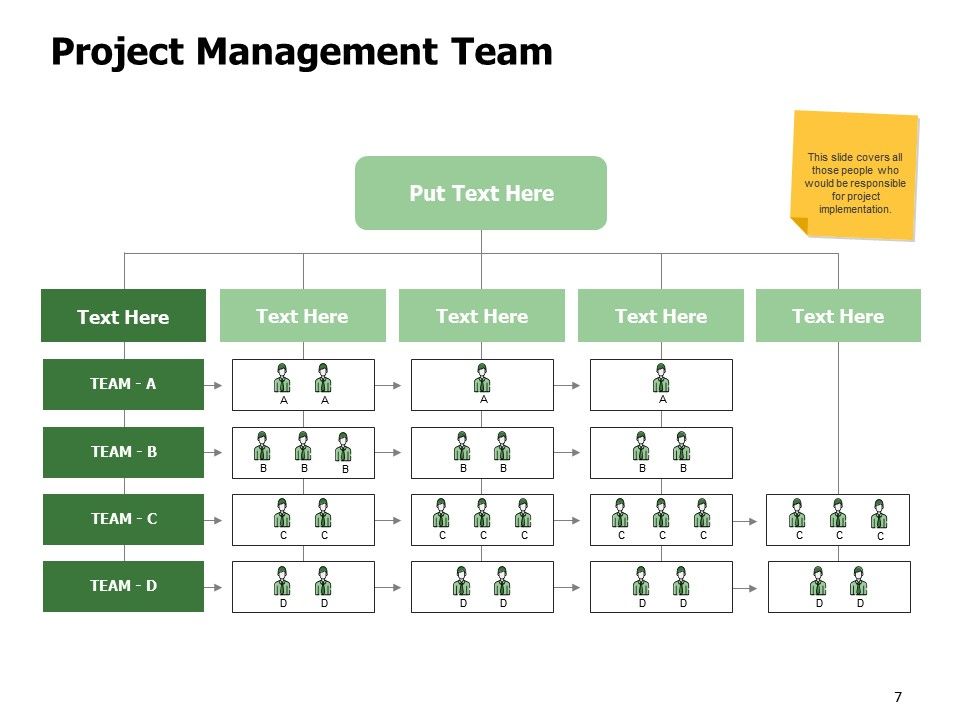
This cookie is set by GDPR Cookie Consent plugin. The cookies is used to store the user consent for the cookies in the category "Necessary". The cookie is set by GDPR cookie consent to record the user consent for the cookies in the category "Functional". The cookie is used to store the user consent for the cookies in the category "Analytics". Set by the GDPR Cookie Consent plugin, this cookie is used to record the user consent for the cookies in the "Advertisement" category. These cookies ensure basic functionalities and security features of the website, anonymously. Necessary cookies are absolutely essential for the website to function properly. Most importantly, it provides the project manager with an opportunity to generate enthusiasm for the project. The kickoff meeting also provides an opportunity for the project team and others to meet and be introduced. He or she uses the kickoff meeting to share the preliminary project management plan. Once the project charter is approved, the project manager begins preliminary project planning.

In some organizations, the process is far more informal. He or she needs authority to apply organizational resources to the project.ĭepending on the organization, the authorization may come from a signed project charter, a signed contract or other documentation that specifies known details regarding the project.

Since the kickoff meeting marks the start of the project, it isn’t held until the project manager receives authorization to begin. The agenda is simply a list of topics that will be addressed in the meeting. It marks the official start of the project. Stay tuned for part II which will continue the listing of questions (6-10) to ask during a project kickoff meeting.Typically, a kickoff meeting is the first meeting between the project manager, the project team, the project sponsor, the client, and perhaps other stakeholders. Take the time at the beginning of the project to ask and answer these questions so you don’t pay the price later. Instead, dig in and ask carefully curated questions designed to surface potential problems or areas of confusion. Don’t fall into the trap of robotically or passively reviewing high level project information. The project kickoff meeting is a valuable opportunity to establish a strong foundation for the project and minimize risk down the road so be very deliberate and intentional with your kickoff meeting planning. While the “in scope” discussion may be more obvious, the “out of scope” discussion can provide more insight as those out of scope items often outline the project or task boundaries. Prevent that by having an explicit discussion/documentation of what is out of scope for the project overall or key tasks/deliverables.

Too many leaders end up “combing spaghetti” because team members get distracted by tasks that are out of scope. One of the most significant mistakes a leader can make at the beginning of a project is not specifically outlining what is out of scope for the project. What is in scope and out of scope for this project? If certain members are working on the project “part time,” what does that really mean (5 hours/week, 20 hours a week, project meeting attendance only, whenever they have extra time, etc.)? 5. It’s also helpful to clarify anticipated time requirements. Take the time to not just define who does what but also to clarify any areas of potential confusion. Include a roles/responsibilities discussion on the kickoff meeting agenda to prevent role overlap and role underlap during the project. What are the team member roles and responsibilities?


 0 kommentar(er)
0 kommentar(er)
